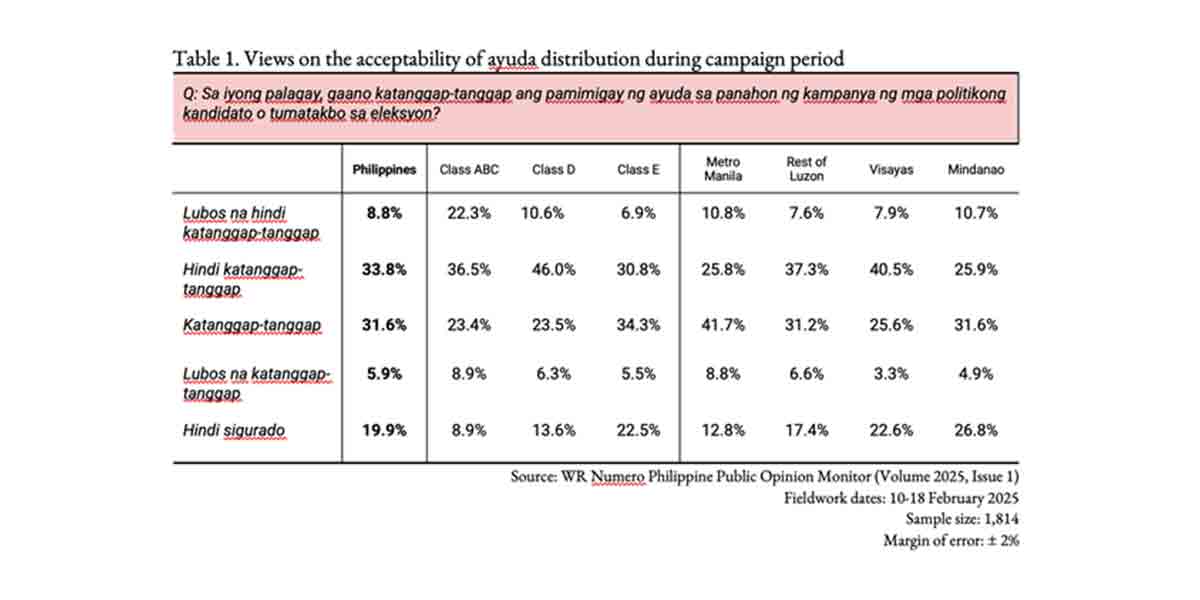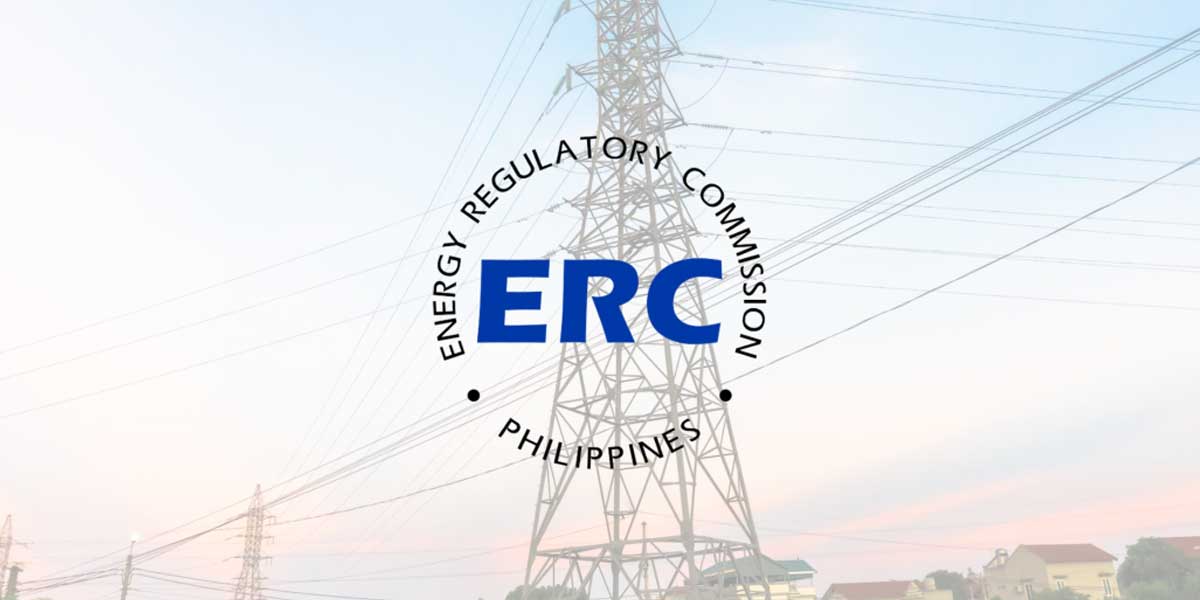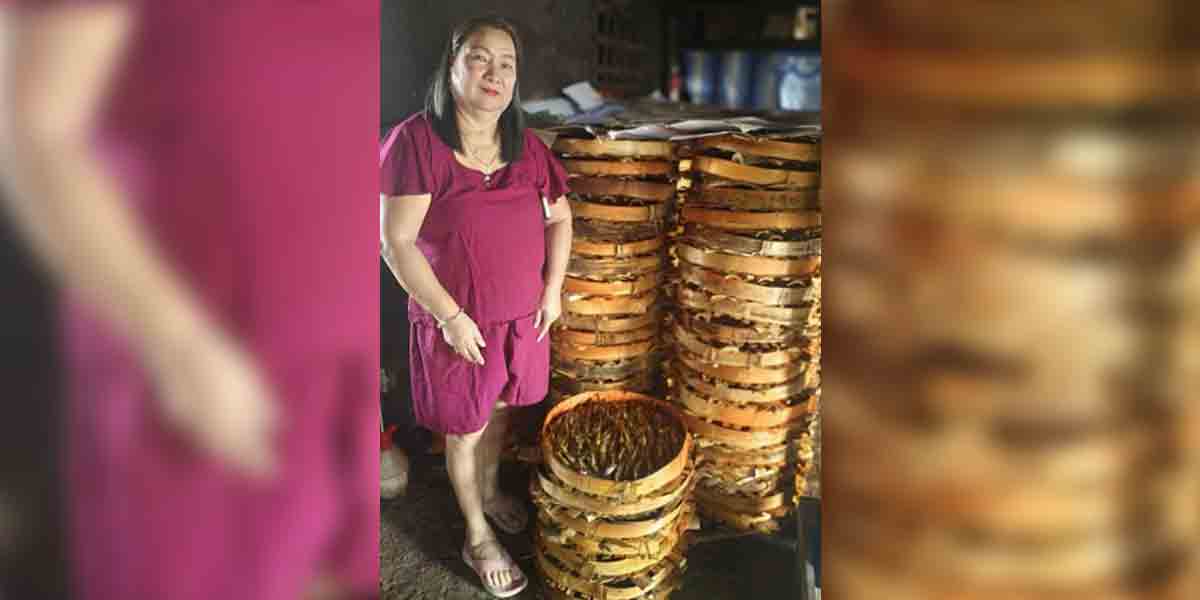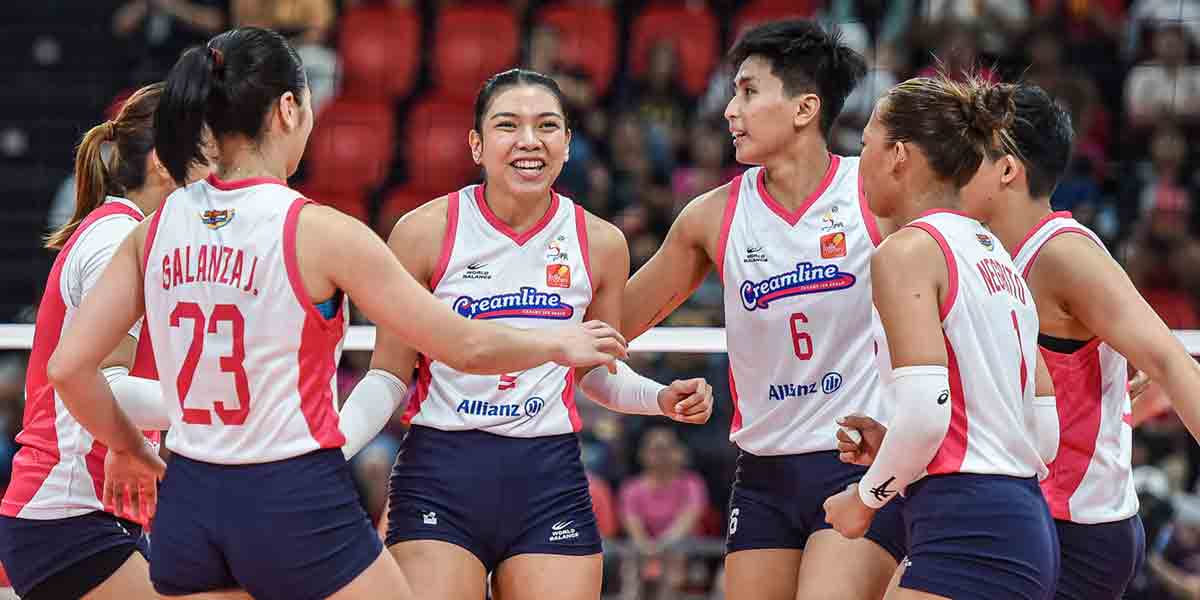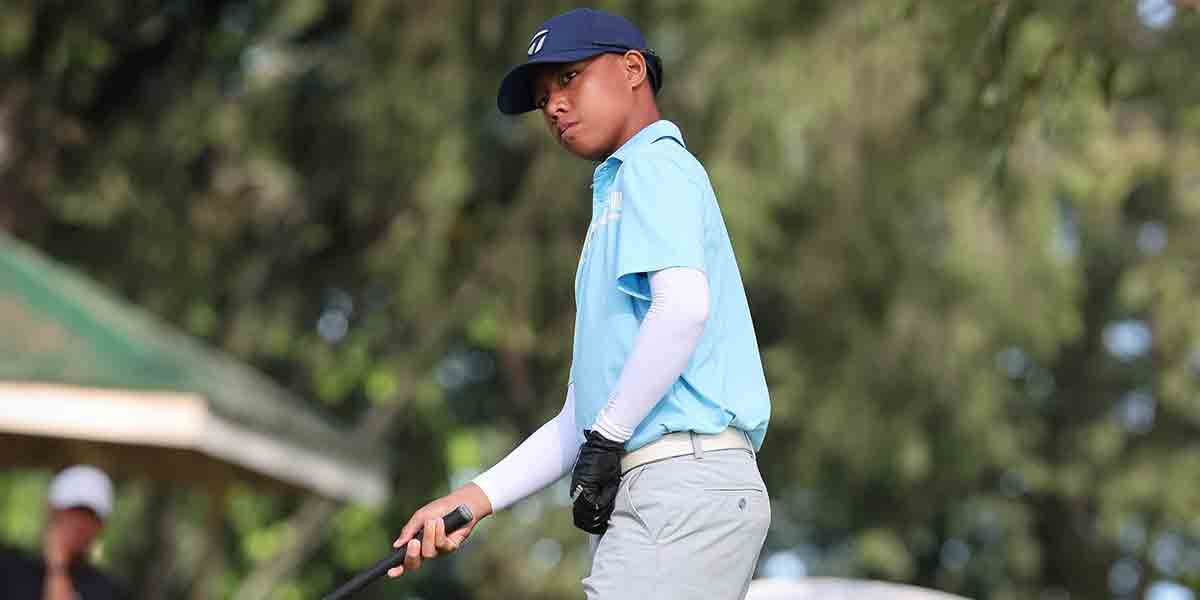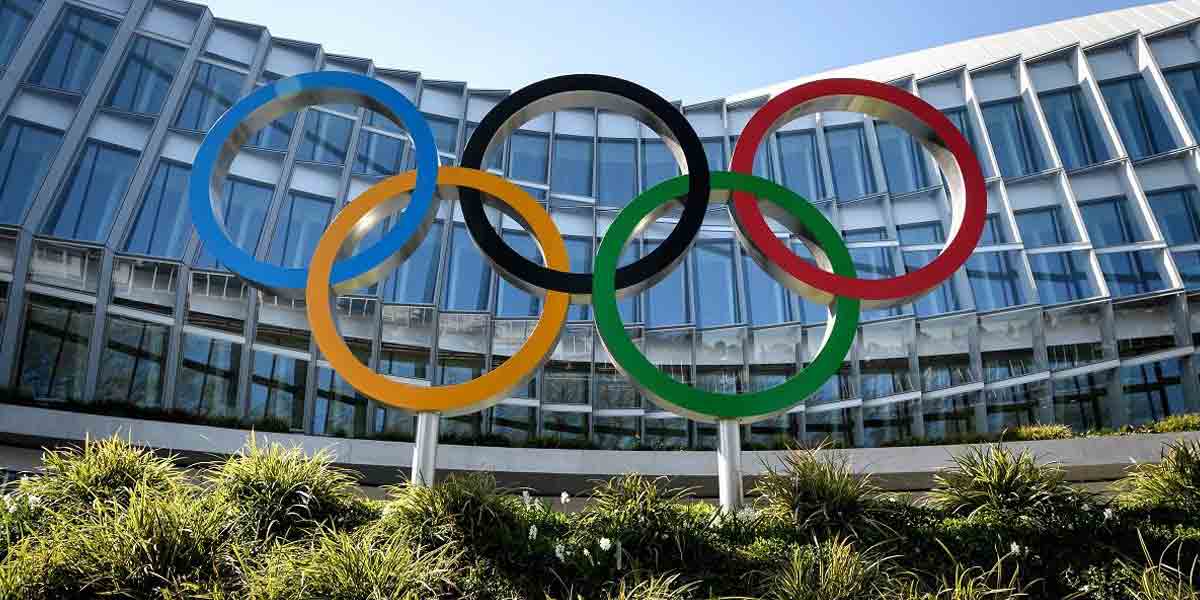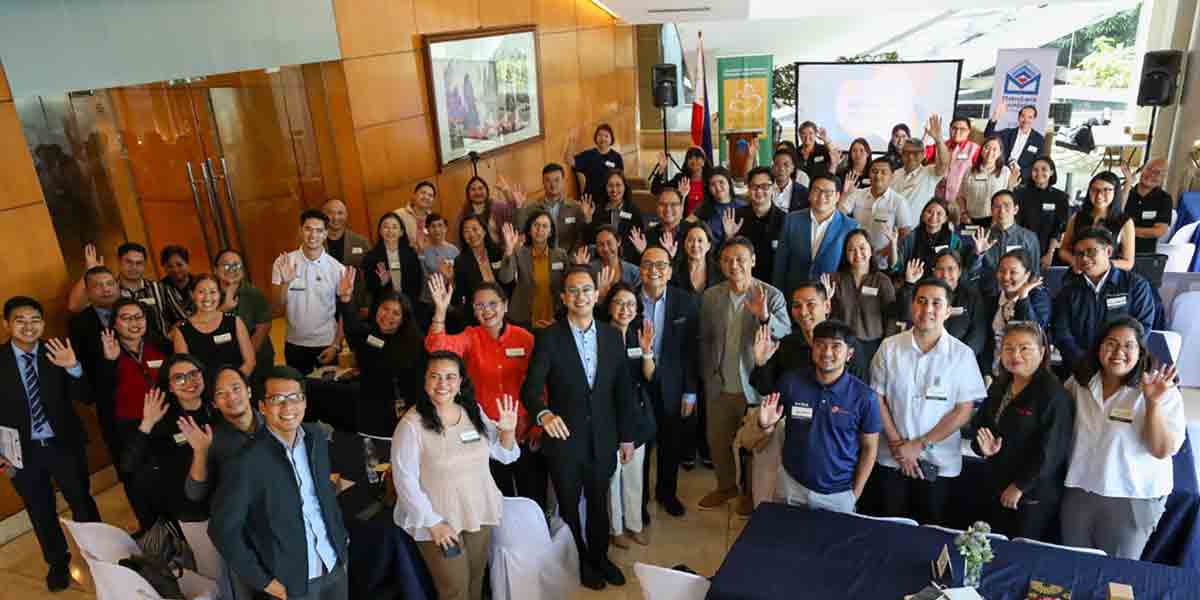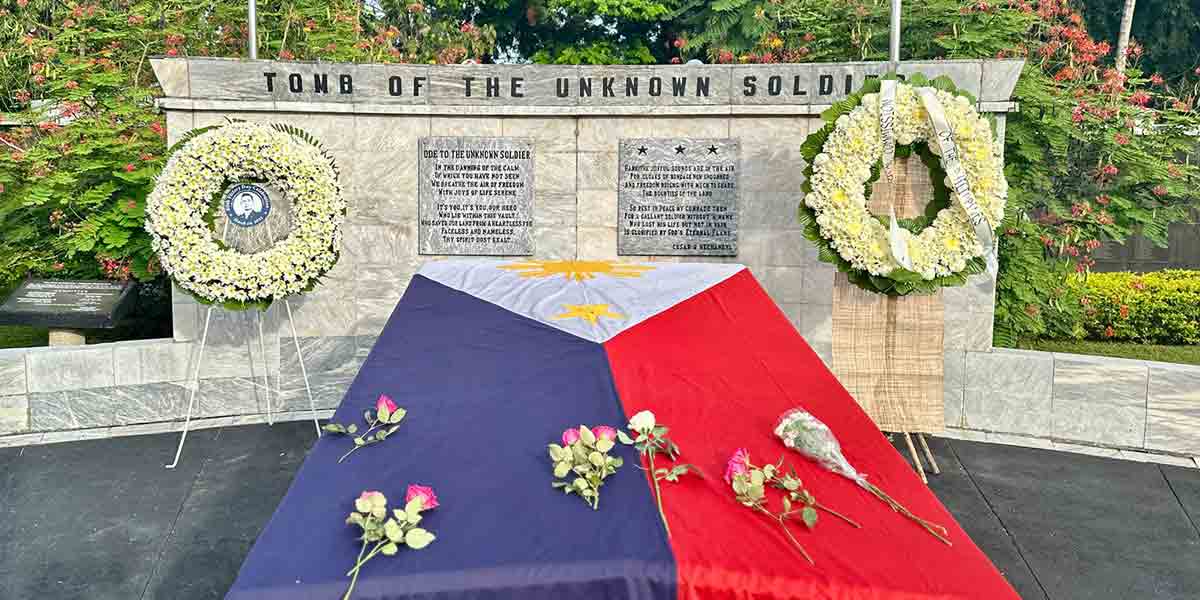 By Atty. Eduardo T. Reyes III
By Atty. Eduardo T. Reyes III
According to Marcus Tullius Cicero, “In times of war, the law falls silent.” (“silent enim leges inter arma”).
While we are not at war, it feels that way no thanks to the abrupt changes in quarantine classification that the national government hands down every Fifteen (15) days since last year when Covid-19 had struck. As if we are avoiding bombs falling from the sky, people’s movement, the conduct of their business, and the way they live their lives in general, are subjected to a “stop-and-go” affair- just like in war-torn countries.
Court proceedings are no different. The recent issuances on the guidelines on how videoconference hearings are to be conducted render legal proceedings as intermittent appointments. Pursuant to Administrative Matter No. 56-2021 issued by Chief Justice Alexander G. Gesmundo on 30 July 2021, all videoconferencing hearings were ordered suspended in courts located in areas that are classified under ECQ save for some extremely urgent cases like petitions for bail or habeas corpus. This supersedes Section II. General Procedure, paragraph 2, A.M. No. 20-12-01 SC (Re: Proposed Guidelines on the conduct of Videoconferencing), which allowed courts to conduct virtual hearings regarding any case without preference to any urgent matters.
Given that Iloilo City and Province had been classified under ECQ quarantine status from August 01 to August 08, 2021, this means that practically all scheduled hearings shall be cancelled except for those which are urgent in nature.
To be sure, the health and safety of all judges, court personnel and litigants are primordial and thus there can be no valid objection to the measures that are being adopted in furtherance of the same.
However, as a legal advocate representing clients whose lives had been ensnared by legal proceedings which they do not want to be in- or had tried to avoid altogether- this columnist knows whereof he speaks when he says that the pendency of their cases hangs like the proverbial “Sword of Damocles”. The terms “uneasiness” or “discomfiture” would not be enough to describe the inconveniences that a pending case do bring to a litigant and how his or her life is stymied or hamstrung by the court case.
No less than the 1987 Philippine Constitution and jurisprudence put a premium on the “right to speedy disposition of cases”.
In the case of Lt. Gen. Jorge Segovia [Ret.], Maj. Gen. Aurelio Baladad [Ret.], Maj. Gen. Joselito Reyes, et al. v. The Hon. Sandiganbayan, the People of the Philippines, and the Office of the Ombudsman G.R. Nos. 233946-53, March 13, 2019, the Supreme Court echoed this prized-constitutional right. “Article III, Section 16 in no uncertain terms mandates that “[a]ll persons shall have the right to a speedy disposition of their cases before all judicial, quasi-judicial, or administrative bodies.”
In a previous case entitled PEOPLE v.HON. SANDIGANBAYAN, FIRST DIVISION & THIRD DIVISION, G.R. No. 188165 December 11, 2013 x—————————————x PEOPLE, v. HON. SANDIGANBAYAN, SECOND DIVISION, G.R. No. 189063, December 11, 2013, it was held that “The guarantee of speedy disposition under Section 16 of Article III of the Constitution applies to all cases pending before all judicial, quasi-judicial or administrative bodies.” Indeed, any pending case regardless of the court, tribunal, agency or office that is at the helm of the proceedings, is enjoined to be cognizant of this right.
And yet this right to speedy disposition of cases is not absolute. There are conditions that a litigant must be mindful of lest he/ she lose the right to invoke it.
In Elenita S. Binay v. Office of the Ombudsman, Sandiganbayan (Third Division), Office of the Special Prosecutor, and the People of the Philippines), G.R. No. 213957-58. August 7, 2019, citing the earlier case of Cagang v. Sandiganbayan (2018), it was instructed that “this Court stressed that the delay in the resolution and termination of a preliminary investigation “is not determined through mere mathematical reckoning but through the examination of the facts and circumstances surrounding each case.” We clarified that a number of factors are to be considered in determining whether a person’s right to speedy disposition of cases had indeed been violated.”
Thus, the sheer lapse of time is not the only factor that should be reckoned in the determination of whether the right to speedy disposition of cases had been trampled upon or not. This was reiterated in Stewart G. Leonardo v. People of the Philippines, G.R. No. 246451. February 3, 2021, where a reminder was issued that: “On the alleged inordinate delay in the resolution of the case by the Ombudsman, suffice it to state that the determination of whether the delay was inordinate is not through mere mathematical reckoning but through the examination of the facts and circumstances surrounding the case.”
But when there is delay, who between the court or administrative agency conducting the proceedings and the litigant has the burden of proof to justify the delay?
In Elaine E. Navarro and Raul L. Orozco v. Commission on Audit Central Office, Commission on Audit Regional Office No. XIIIG.R. No. 238676. November 19, 2019, this issue was resolved in this manner: “In responding to petitioners’ claim of denial of the right to speedy disposition of cases, the COA merely brushed it aside and claimed that they failed to show that the delay was vexatious or oppressive. It must be remembered, however, that it is incumbent upon the State to prove that the delay was reasonable or that the delay was not attributable to it.”
Yet again, the litigant cannot be complacent by not invoking his/ her right to speedy disposition of cases “at the soonest time possible” lest it be deemed waived. As held in Edilberto M. Pancho v. Sandiganbayan (6th Division) and People of the Philippines, G.R. Nos. 23486-911 & 235410. June 17, 2020, “It must be emphasized that the accused must invoke his or her constitutional right to speedy disposition of cases in a timely manner and failure to do so constitutes a waiver of such right even when he or she has already suffered or will suffer the consequences of delay.”
We may not be in a physical war with any enemy although at the moment we are battling a covert enemy that may only be vanquished when we reach herd immunity. Our only weapon is the needle which will inoculate us against the virus but at the rate that we are going, we do not yet have the upper hand.
While as to the litigant whose case stays in the doldrums as the pandemic keeps surging, he/ she will be struggling to keep in check his/ her own emotions, doubts, fears, and all forms of anxiety that come with court litigation.
Because as to the litigant, the canons of his/ her inner war are roaring.
(The author is the senior partner of ET Reyes III & Associates– a law firm based in Iloilo City. He is a litigation attorney, a law professor and a book author. His website is etriiilaw.com).

